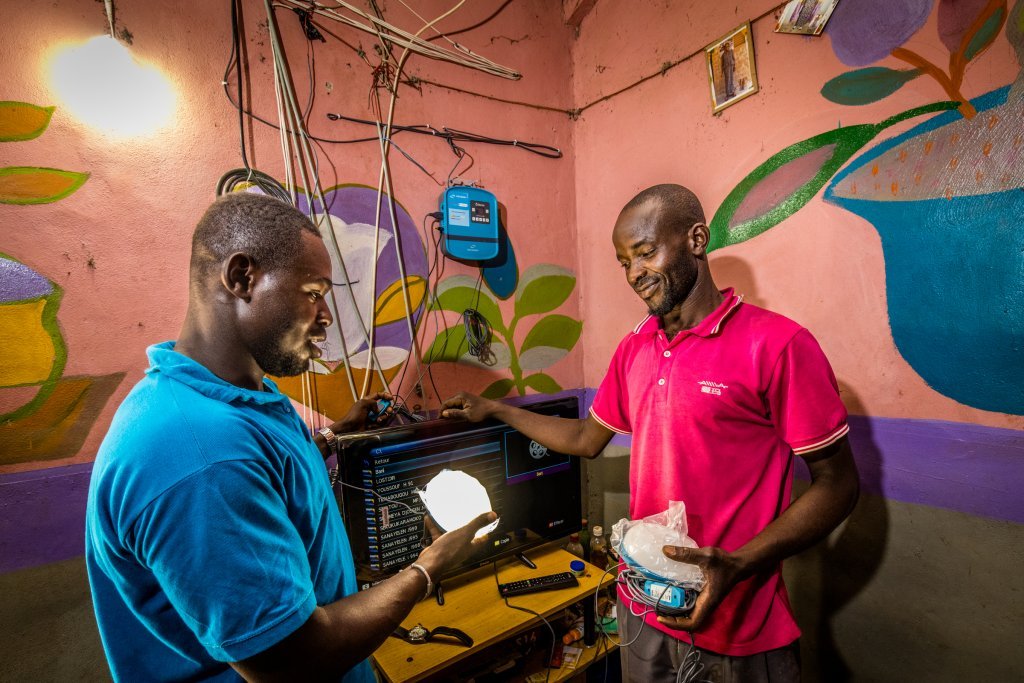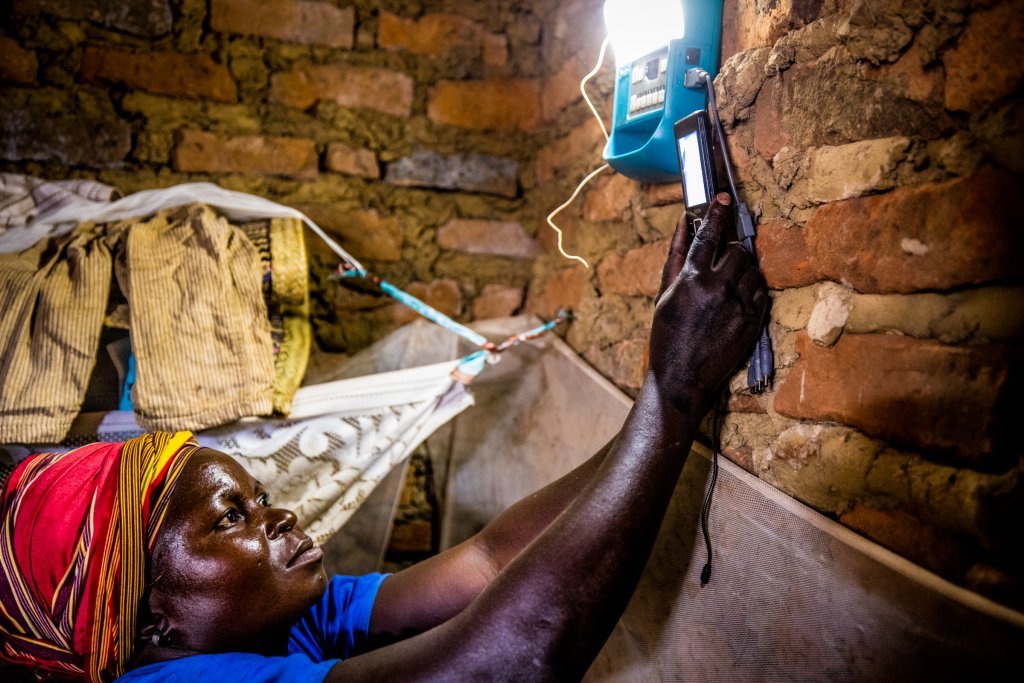NDF joins energy fund to support businesses in Sub-Saharan Africa
The Nordic Development Fund has joined the Energy Entrepreneurs Growth Fund (EEGF), a blended investment fund that supports early-growth Access to Energy (A2E) businesses in Sub-Saharan Africa, as a key investor.
“EEGF can have a remarkable impact on building resilience in Sub-Saharan Africa, which is at the very core of NDF’s strategic focus. Focusing their investment on A2E enterprises which support off-grid homes and small businesses, especially in rural communities, the Fund looks for long-lasting solutions with an innovative approach and a focus on gender equality. It is a very welcome addition to our investment portfolio”, says Isabel Leroux, Program Manager at NDF.
Specialising in support and development
Created by the Shell Foundation and FMO (Dutch Development Bank) and co-funded by FinDev Canada, and now NDF, EEGF is managed by the leading impact investor Triple Jump and advised by Persistent, a pioneer venture builder in Africa’s renewable sector.
One of the ways EEGF provides capacity development and de-risks investment is through their ‘Engine Room Support’, a support stream that is engaged throughout the investment process, from initial due diligence to the post-investment period.
Another critical stream is the Technical Assistance Facility (TAF), a support structure made possible with grant financing from NDF and other investors. According to Jan-Henrik Kuhlmann, Head of Direct Investments at Triple Jump, TAF was designed “to develop a scalable and investable off-grid A2E market that serves its consumers best and contributes to a long-lasting positive impact on quality of life, the economy, and the environment.” This blend of active support and capacity development can be absolutely crucial for the A2E sector.

A critical demand
Sub-Saharan Africa hosts 75% of the global population without access to energy, with an estimated 69% of households unelectrified. Reaching UN Sustainable Development Goal 7 would mean to improve access to electricity for over 200 million households in a way that’s safe and reliable.
This is no simple task. In Sub-Saharan Africa, as the rate of electrification struggles to keep up with population growth and destabilizing forces, such as conflict, pandemic, and inflation, cause frequent disruptions, alternative sources for sustainable energy are in critical demand.
Studies have shown that mini-grid and off-grid sources will play a key role in future access to energy, with drastically less start-up and operational costs than conventional infrastructure. EEGF’s investment strategy reflects this reality, allocating up to 80% to Solar Home Systems companies, commercial and industrial companies, and mini-grids, while 20% is reserved for ‘Enablers’, which are technology companies specialising in a specific part of the A2E value chain, enabling overall sector professionalisation.
Addressing problems hands-on
Africa’s commercial and industrial sectors account for over 70% of the continent’s energy demand. Currently, most of the private sector’s energy supply is sourced from non-renewable energy sources, and far too often from dirty coal power plants or diesel generators.
EEGF’s investment into early and growth-stage SMEs in the A2E sector has three important effects. Firstly, reductions in commercial greenhouse gas emissions, which provide the region’s growing economies with pathways to clean and sustainable development. Secondly, the funding and development of reliable off-grid electrical infrastructure generates economic growth in rural areas. Finally, as women are disproportionately affected by lack of access to energy, investing in the electrification of homes and small businesses directly supports women as entrepreneurs and consumers, aligning with NDF’s strategic commitment to gender equality and women’s empowerment.
EEGF’s innovative mezzanine structure offers de-risked and flexible financing, helping bridge the crucial funding gap that exists for SMEs in mid to lower income countries. And their proactive approach, Jan-Henrik Kuhlmann said, “supports companies not just in the board room, but addresses problems hands-on in day-to-day operations.”

